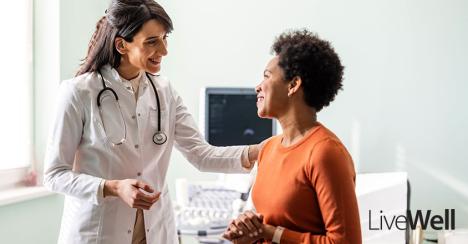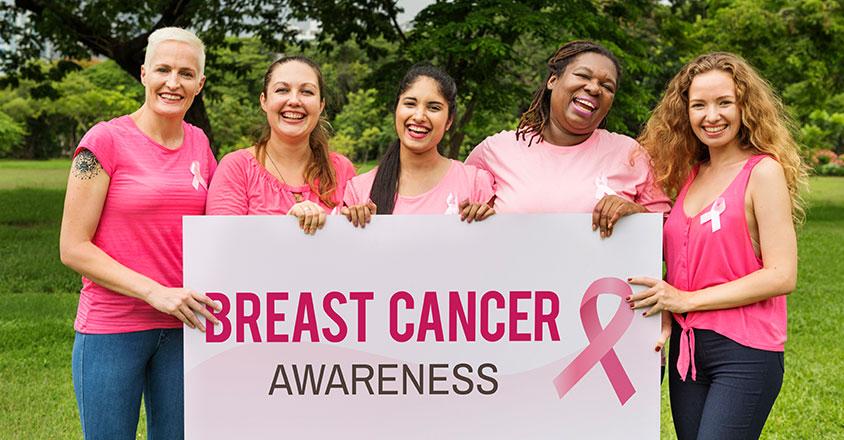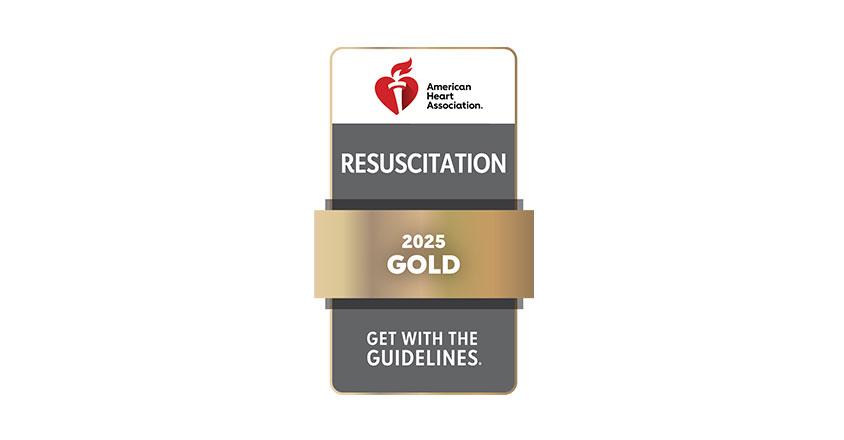Three simple changes for a healthier lifestyle
Most everyone wants a better life. A lifestyle where they can do tasks that make them feel good. Sometimes people don’t know where to start. Well, if that's you, you’re in luck. Here are three tips you can use to help you create a better lifestyle.
1. Ditch the couch biscuit
Do you want to sit on the couch all day? Well, if you do, you might want to set an alarm every 30 minutes and bust a move. Stretch, shimmy, even salsa in the kitchen. Harvard researchers note that standing regularly improves blood sugar use and cuts chronic‑disease risks, such as obesity and diabetes. Standing and being active also helps boost your mood, creating a better lifestyle. Who doesn’t want that?
2. Sweet dreams
Scrolling on your phone before bed? It’s tempting, isn’t it? Even though it seems like a few minutes of going through your social media, it's usually more like an hour. Getting seven hours of sleep is tricky, especially with your phone. The Sleep Foundation talks about the benefits of getting better sleep, such as a better mood, a happy heart and less stress. Now that's better than scrolling on social media apps at night. So set your phone down and put on some calming music to help you get to sleep.
3. Time for mindfulness practice
Get in a comfy position, close your eyes and breathe in through your nose and out through your mouth. How do you feel? Hopefully good. According to Harvard Health, many benefits come to people when practicing meditation. Benefits such as improved memory, better control in managing stress and a decrease in anxiety and depression. Practice it a couple of times a week. It could be right before you go to bed, which will help keep you off social media.
I’m going to have to give you a task here. Consistently try these three options for two weeks. If you find they are not helpful, then do some research on the many other options available for creating a healthy lifestyle. You’ll come across something perfect for you.
Ready to get healthy?
Sign up for our digital newsletters to receive health tips, recipes, success stories for inspiration and information about new doctors to help you on your journey to better health.
Genesis HealthCare System’s Health and Wellness content conveniently provides accurate and helpful information. Your health history and current health may impact suggestions provided through our Health and Wellness content. Although we hope this information is helpful, it is not a substitute for your doctor's medical advice. Before making any significant changes, please consult your doctor.

Here are three tips you can use to help you create a better lifestyle.














